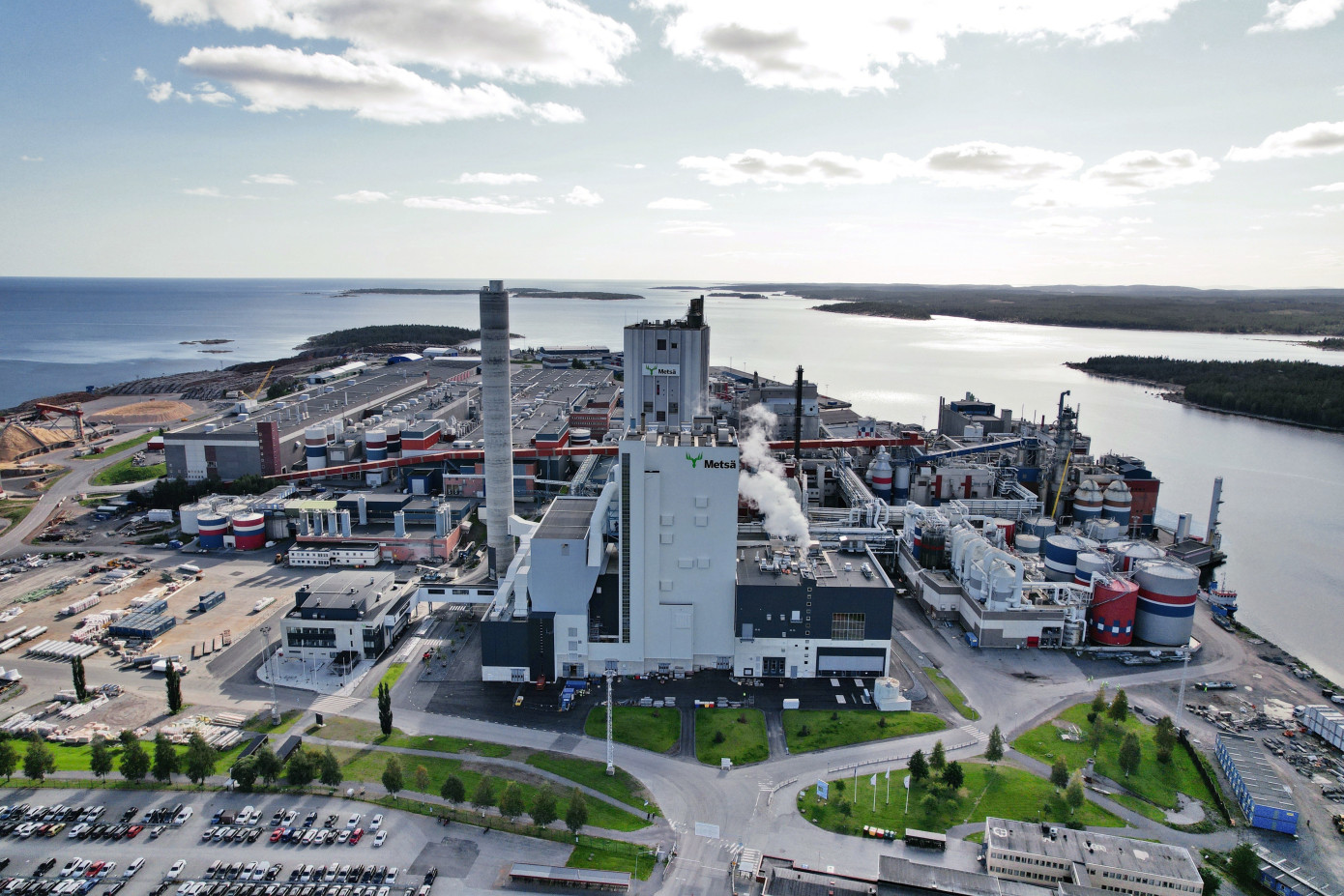Metsä Board will initiate change negotiations involving more than 2,000 employees across Finland and other countries as part of its Euro 200 million cost savings and profitability improvement programme announced in July. The company estimates that reductions may affect up to 315 jobs, including 155 in Finland, according to Metsä Board.
The change negotiations are driven by production, financial, and operational restructuring needs. The company aims to adjust its cost structure, improve cash flow, and strengthen long-term competitiveness. Possible measures include redundancies and reorganisation of operations. Costs linked to the measures will be recorded as items affecting comparability once negotiations are concluded. CEO Esa Kaikkonen stated that improving cash flow has already started to deliver results, and the company remains committed to supporting staff during the process.
In parallel, Metsä Board has discontinued the pre-engineering of major investment projects due to insufficient profitability in the current market conditions. These include the drying machine renewal at the Husum pulp mill, the barrier board development project at the Kyro mill, and the BM2 board machine product change project at Husum in cooperation with Metsä Tissue.
Metsä Group, the parent company of Metsä Board, will also begin statutory negotiations covering all business areas and group operations as part of its Euro 300 million cost savings and profit improvement programme. The group estimates that up to 800 jobs may be permanently reduced, of which 540 are in Finland. Metsä Group employs 9,600 people globally, including 5,600 in Finland, and the planned reductions at Metsä Board are included in these figures.
According to President and CEO Jussi Vanhanen, weaker global trade, exchange rate fluctuations, and higher raw material and operating costs have eroded profitability. Planned savings focus on procurement, logistics, and wood supply chain efficiency, alongside restructuring to reduce fixed and variable costs. Vanhanen confirmed that no permanent closures of production units are planned, while development projects such as Muoto, Kuura, lignin, and bio-based CO2 capture will continue.
